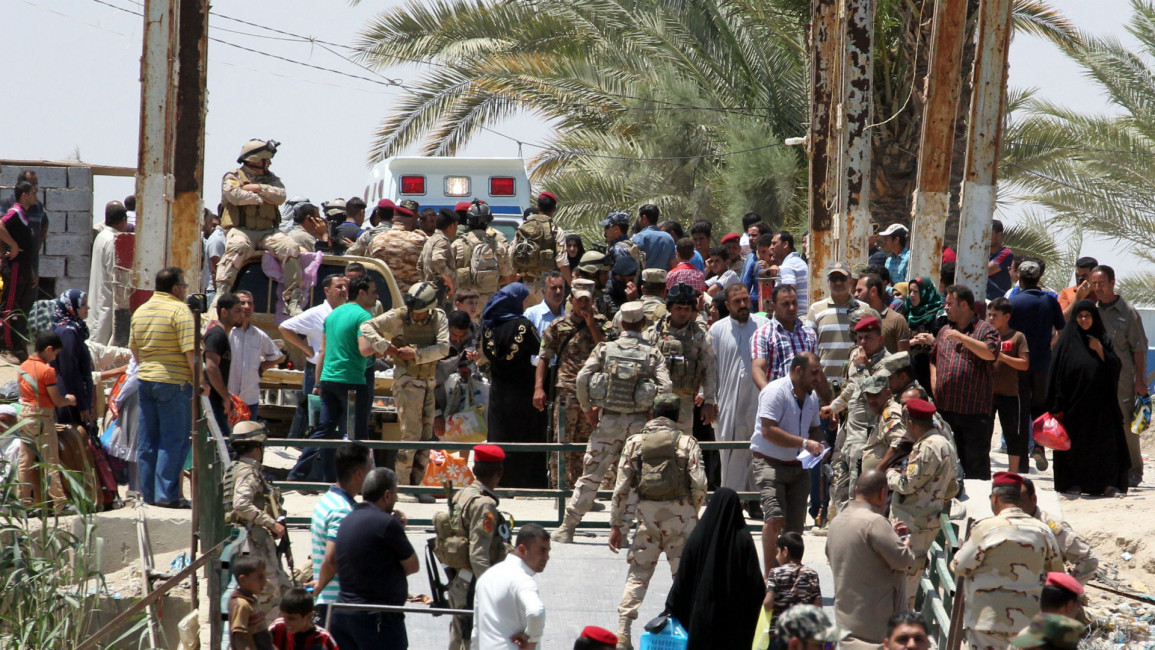Iraqi tribes seek Anbar emergency rule
Local tribes in Anbar are working to oust the local government, following the almost total fall of the western Iraqi province to the Islamic State group (IS, formerly ISIS), local tribal leaders told al-Araby al-Jadeed.
“Community leaders in Anbar, who include notables, tribal elders and politicians, are in unanimous agreement over dissolving the local government of Anbar, and to instead seek an emergency government to be led by technocrats, military commanders and former Iraqi army officers,” Muzhir al-Mullah, a member of the Anbar Provincial Council said.
“This emergency government would operate for two years until local elections are held,” Mullah added.
Mullah threatened widespread protests against the local government should it not be dissolved.
“The emergency government's mission will be to liberate Anbar from IS, and to coordinate with the government in Baghdad in this regard,” he said.
However, another local council member, who did not wish to be named, said that it was the local government's links with the central government that had caused the current situation.
“The local government has come under great pressure in Baghdad and bowed down to diktats that conflict with the interests of the province,” the council member said. “It could not offer anything to the people of Anbar who have fought IS for a year and a half. The people of Anbar cannot remain silent any longer regarding the failure of this government.”
The removal of the current local government now appears likely, in light of the alliance between influential local tribesmen and politicians.
“The failure of the local government at this critical time in Anbar makes it easier to oust it,” Firas Ithawi, a political analyst, said. “The tribes will definitely use legal and constitutional methods, in addition to protests.”
“The central government in Baghdad will reject an emergency government in Anar, because it would have broad powers that the Baghdad government will not accept,” Ithawi said, saying that the central government was seeking to limit the role of Sunni-majority provinces, especially Anbar.
“Despite the fact that Anbar needs to take such steps, it will open the door to problems between Baghdad and Anbar, and will be the beginning of the province's secession from the Baghdad government and the Sunnis' secession in general,” he added.
Al-Araby has learned that a number of Anbar Provincial Council members came under pressure and received direct and indirect threats from commanders in the Popular Mobilisation militia. This, a source said, has forced them to approve the deployment of the Popular Mobilisation Units to fight IS in Anbar, against their convictions.



